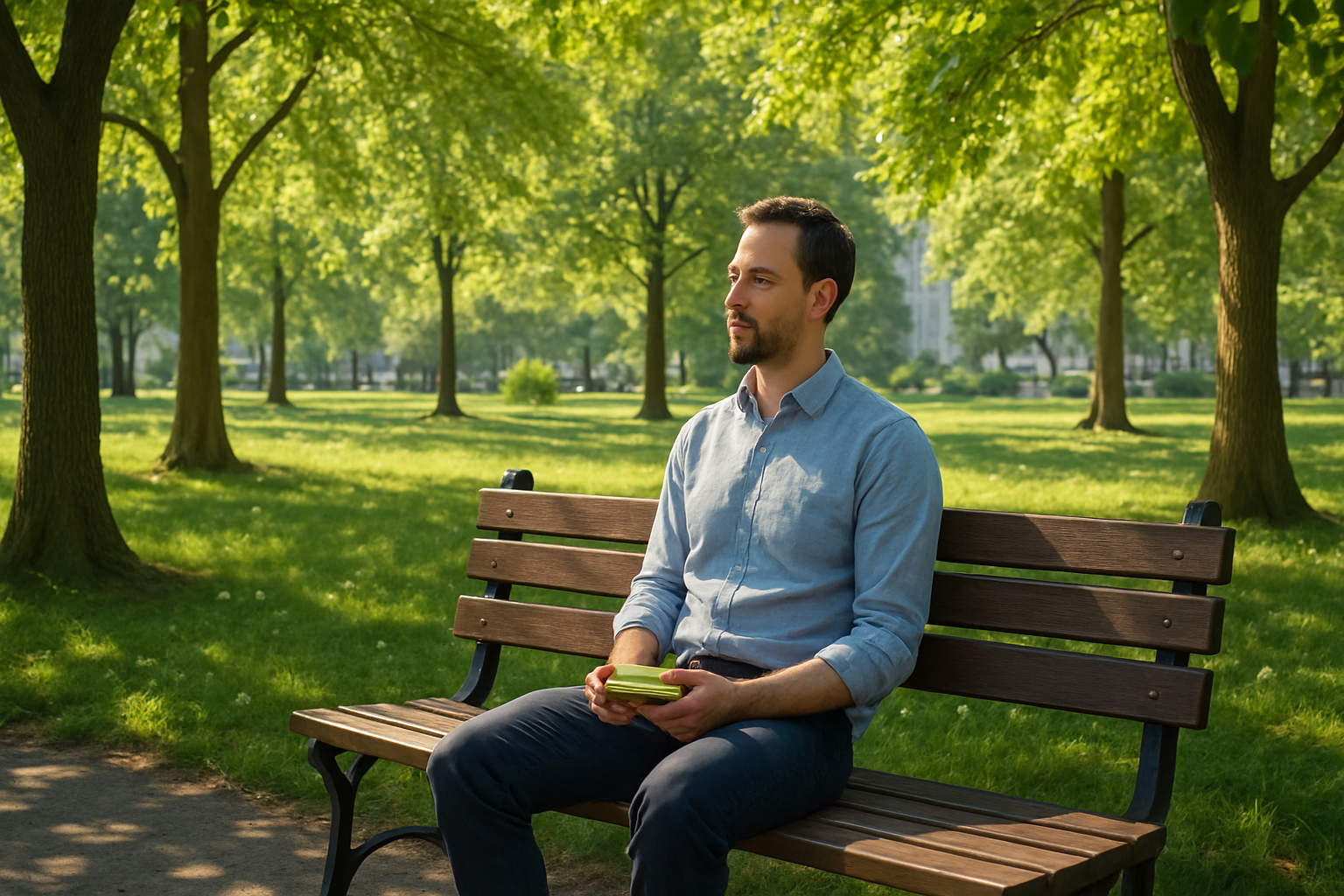Just 20 minutes resets the body

According to Baroness Kathy Willis, Professor of Biodiversity at Oxford University, even just 20 minutes of nature break is enough to trigger these effects. Speaking to the BBC, Willis explains that being in nature affects the autonomic nervous system, slowing heart rate, lowering blood pressure, and increasing mental calmness.
A study of nearly 20,000 people found that those who spent 120 minutes a week in green spaces had better mental health and overall well-being. These findings are so impressive that some regions are testing health practices called "green social prescriptions" that connect people with nature.
Being outdoors not only provides mental relaxation but also has an impact on hormonal balance. Willis says that outdoor activities reduce levels of the stress hormones cortisol and adrenaline.

A study in Japan found that people who inhaled Hinoki (Japanese cypress) oil experienced a significant increase in natural killer cells (virus-fighting immune cells) in their blood. These effects persisted even two weeks after inhaling.
The power of scents also plays a significant role in this process. Natural aromas like those of earth, pine trees, and leaves contain organic compounds and can be absorbed into the bloodstream when inhaled. The scent of pine forests is reported to calm a person in just 90 seconds, with this effect lasting up to 10 minutes. In fact, a study on infants revealed that they respond physiologically to calming scents even without any memory or learning.

Contact with nature also supports gut health. Plants and soil are full of the "good bacteria" we look for in probiotic products. According to Prof. Ming Kuo of the University of Illinois, the phytoncides (antimicrobial chemicals) secreted by plants can be effective in fighting disease. Dr. Chris van Tulleken describes nature as "a gentle challenge to the immune system" and says he encourages his children to play in the woods.
SÖZCÜ




